Welcome to LU Open Science Days 2024 – Crossing boundaries with Open Science!
Join us on the 19th and 20th of November at Palaestra for the second instalment of LU Open Science Days organised by the cross-faculty Open Science Champions group. The event aims at bringing together staff, faculty, and research students from across the university to engage in a dialogue about what the future of Open Science and Open Access should look like in Lund and beyond.
Crossing boundaries with Open Science
This year’s LU Open Science Days focus on how Open Science can bridge boundaries, both within academia and in society at large. The theme alludes to four different types of boundaries; within academia and between disciplines, between academia and society, geopolitical boundaries, and boundaries between LU and other national and international actors. Sessions will address broadening of merits, how to turn science into action and activism, creative science communication, Open Science in an unstable geopolitical world, and community building.
The program committee invite all LU-affiliated researchers and PhD-students as well as support staff that work with research support to attend this free of charge lunch-to-lunch conference that
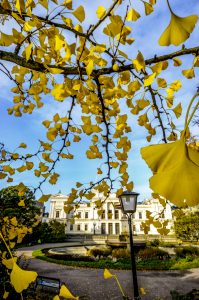
highlights Open Science, by featuring inspiring speakers, interactive sessions, and lively discussions. We have a limited number of seats for participants that are not LU-affiliated. If you are not LU-affiliated and want to attend the conference, please contact karolina.lindh@ub.lu.se.
Registration is now closed. If you forgot to register but would like to attend please contact alice.olsson@ub.lu.se
The program is preliminary and will be updated continuously.
If you have any questions about the conference, please contact karolina.lindh@ub.lu.se
Tuesday 19th November
11:30-13:00 Registration and lunch
13.00-13.20 Welcome speech – Per Mickwitz and Angeliki Adamaki
13.20-14.30: Broadening merits: Recognizing Open Science contributions in research
In recent years, the scientific community has emphasised the importance of open science – a shift that is in line with a wider societal movement towards greater transparency and accessibility of knowledge. However, this push towards open science poses significant challenges for researchers, as making data available is labour-intensive and requires significant resources that could otherwise be spent on activities more traditionally recognised in academic careers, such as writing papers or securing research grants.
Despite the clear benefits to the scientific community and society as a whole, current academic evaluation systems often do not directly reward these activities. This leaves researchers in the difficult position of being expected to contribute to the open dissemination of knowledge but without adequate recognition or reward for the time and effort required.
This discrepancy raises critical questions about the future of open science in the academic world. If these contributions are vital to the wider scientific community, why are they not valued similarly to other academic achievements?
This session will take a critical look at this paradox and will discuss whether and how open science contributions should be formally recognised in academic evaluations. We will consider the impact of the current system on the way researchers have experienced it, particularly those early in their careers, and discuss potential changes that could better align institutional expectations with the realities of academic work. The aim is to stimulate a conversation about how academia can truly support open science by ensuring that the efforts required for open dissemination are appropriately valued and rewarded.
Keynote speaker: Björn Hammarfelt, Professor, Swedish School of Library and Information Science, University of Borås.
Björn’s presentation is available here.
Speakers and discussants: Jonatan Nästesjö, Researcher, Educational Sciences, Alison Gerber, Associate professor, Sociology, Johan Revstedt, Professor, Fluid Mechanics, Assistant Dean LTH.
Moderator: Nicoló Dell’Unto, Professor, Department of Archaeology.
14:30-15:00 Coffee break
15.00-15.45: Open Science stories and initiatives
The LU Open Science Days aims to be a platform for sharing ideas and experiences of practicing Open Science. This year we wanted to facilitate this by inviting LU-affiliated researchers, PhD students, and research support staff, as well as non-LU contributors, to present their Open Science projects. The presentations will follow the conference theme “Crossing boundaries with Open Science”, illustrating how Open Science bridge boundaries, fosters collaboration, and create real-world impact.
Andrea Tarallo, National Research Council of Italy (CNR), Institute of Research on Terrestrial Ecosystems (IRET) – Building the Italian data stewards community
Jane Fisher, Co-funder and managing research consultant at AdvanSci – Reproducibility and the ReproducibiliTea Initiative
Carlos Vélez, Doctoral student, LUCSUS – Exchanging Researcher Seats: Weaving Research with Indigenous Knowledges Systems for Forest-Fauna-Human management in the Colombian Amazon.
Lydia Bucher, iGEM Lund – Science activism, citizen science, and partnerships with society
Per Wilhelmsson, PKI Utveckling AB – Sjölabbet – Creating avenues for environmental monitoring
Massimiliano Novelli, Senior Data Curation Scientist, European Spallation Source (ESS) – Maximizing Scientific Output through Data FAIRness
Moderator: Monica Almqvist, Senior lecturer, Department of Biomedical Engineering, Office director, Vattenhallen Science Center
15.45-16.30: Film screening and discussion: Creative science communication
This session is invitation to a conversation on how art and research can be cross-fertilized and serve as a catalyst for social change. In the session, a short movie produced by screen writer Anna Maria Hutri is shown. The movie is based on research from a FORTE-funded research project entitled “Moral stress and moral agency in Swedish eldercare”. In the research project, care workers, needs assessors and first line managers have described difficult situations in their everyday work. The collected stories, or scenes, were given to a professional screen writer (Hutri) who produced a manus for the short movie. The process was co-creative; researchers and artist collaborated. In the session, we will discuss challenges and opportunities in the process of producing the movie and our thoughts on art as a tool to promote social change.
Speaker: Anna Maria Jóakimsdóttir Hutri, filmmaker and screen writer.
Moderator: Sara Hultqvist, associate professor and senior lecturer, School of Social Work.
16.30 – Poster mingle and reception.
The program committee invites PhD students, researchers and support staff to present their experiences of engaging in open science at the poster exhibition. Exhibitors include Swedish National Data Service who will present their upcoming national portal for research data, Researchdata.se, and the newly established unit for research data support Research Data Office. Updated information about poster and exhibitors is available here.
Wednesday 20th November
08:30-09:00 Registration
9.00-9.45: Keynote: The power of Open Science Communities, Mirjam Walpot, International Network of Open Science & Scholarship Communities
The norms and practices in academia are shifting towards Open Science. This shift is an ongoing process and involves universities, research funders, public administration and publishers, across the globe. There is no doubt that Open Science is the way forward. The question is, how?
During this presentation, Mirjam Walpot will guide us through the world of Open Science and Open Science Communities. What are Open Science Communities? Why are they so important? And what can we do to make these communities a success? Join this presentation and get inspired!
Mirjam Walpot is a board member of the International Network of Open Science & Scholarship Communities (INOSC) and a co-founding board member of the Open Science Community Amsterdam (OSCA). She used to work as a research and educational advisor at the central staff department of Amsterdam University of Applied Sciences (AUAS), where she together with her colleagues developed the organization’s guidelines and recommendations around Open Science. Recently she moved to Sweden, where she aims to continue her work on Open Science.
Mirjam’s presentation is available here.
9.45-10.30: Open science and climate emergency
Open science practices take place on a warming planet. Do they help to address it, or do they contribute to exacerbating our ecological footprint? What does it mean to be open when engaging with climate change in universities? This session will address the practices of open science from a socio-ecological perspective and reflect on what “openness” in science should and could mean in the context of climate emergency.
Speakers: Aitzkoa Lopez de Lapuente Portilla, postdoctoral fellow, Division of Hematology and Transfusion Medicine – Open Science in a burning planet
James White, Postdoctoral Fellow, Department of Technology and Society – presentation is available here.
Moderator: Ekaterina Chertkovskaya, researcher, Environmental and Energy Systems Studies.
10:30-11:00 Coffee break
11:00-11.45: Geopolitical borders and Open Science
One of the relatively less explored aspects of the promotion of Open Science in the academy are the implications for Open Science practices in the context of a global academic system that includes collaboration with universities in authoritarian contexts and an increasingly securitised research environment. This panel will examine some of the challenges involved in internationalisation as states seek to protect/limit data, restrict sensitive research, and steer research into state-led goals. It will reflect on some of the ways that Open Science modes of engagement can be a valuable tool in countering authoritarian creep in the academy and fostering academic exchange in the shadow of securitisation.
Speakers:
Nicholas Loubere, Senior lecturer, Centre for East and South-East Asian Studies – Securitization and Ethics in Open Science
Hyejin Kim, Researcher, Department of Economic History
11.45-12.30: Community building
In this community-building session, participants will build on insights gathered during the Open Science Days. Working in groups and with help from the organisers, participants will review and discuss micro-actions, drawing from diverse perspectives to identify the most promising ideas. Each group will collaboratively refine and prioritize these actions, creating a consolidated list to share with the broader group. This exercise will lead into a panel discussion, where panelists will offer insights, advice, and strategies to support the participants’ actions for promoting Open Science practices. The session will close with the launch of OSCL – the Open Science Community in Lund!
12.30 Closing the conference
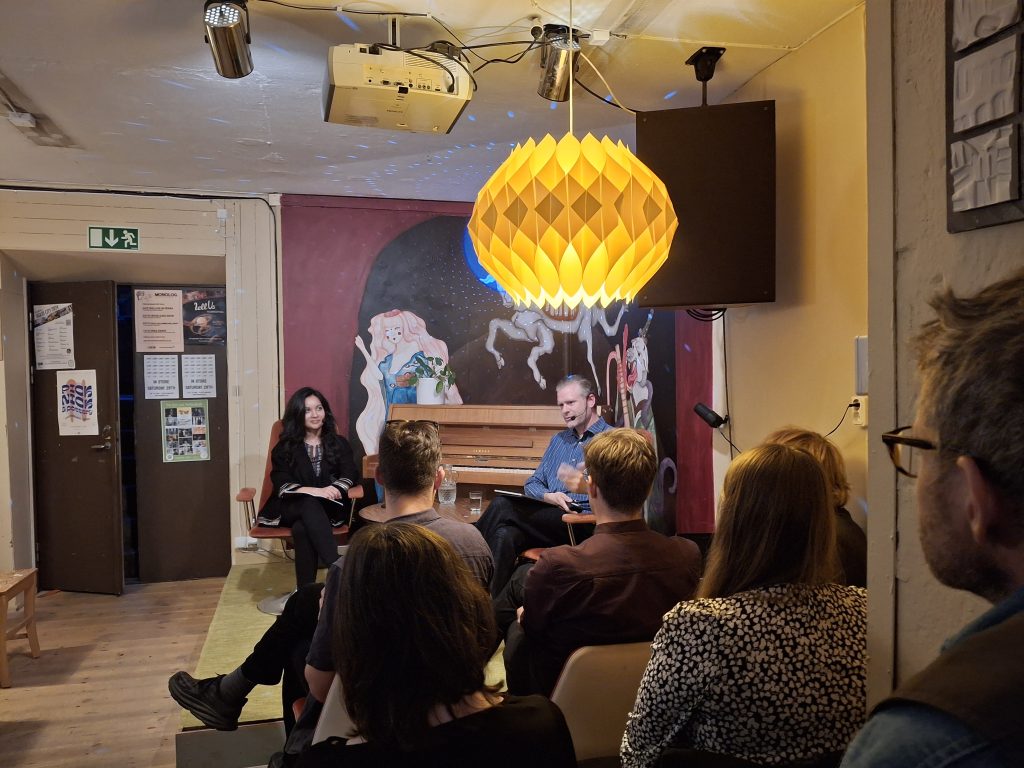


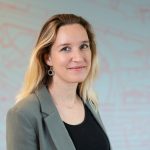
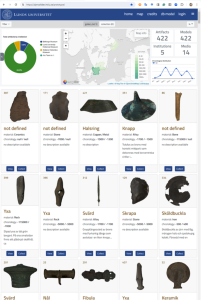 couldn’t with the original platform? First of all, Dynamic Collections Plus is more accessible than its predecessor; a responsive web design with multi-device adaptation allows for the user to have full access to the resource – even when on a smaller tablet while doing fieldwork.
couldn’t with the original platform? First of all, Dynamic Collections Plus is more accessible than its predecessor; a responsive web design with multi-device adaptation allows for the user to have full access to the resource – even when on a smaller tablet while doing fieldwork.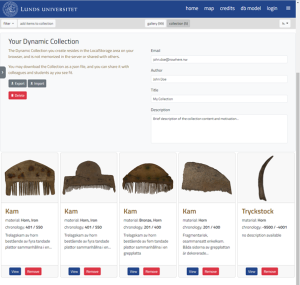 Another substantial benefit – fully in line with the principles of FAIR-data* – is that trusted museums now are able to themselves upload, manage and make available 3D models, and by doing so taking control of their own digital heritage. In fact, the whole platform is constructed on an Open Science foundation: it is all about openness with not only results but also research data and research methods, encouraging collaboration and sharing knowledge and ideas. The platform supports the possibility to link the displayed artifacts with trusted repositories via DOIs, enabling users to download the raw data generating the 3D models, all in harmony with the FAIR principles.
Another substantial benefit – fully in line with the principles of FAIR-data* – is that trusted museums now are able to themselves upload, manage and make available 3D models, and by doing so taking control of their own digital heritage. In fact, the whole platform is constructed on an Open Science foundation: it is all about openness with not only results but also research data and research methods, encouraging collaboration and sharing knowledge and ideas. The platform supports the possibility to link the displayed artifacts with trusted repositories via DOIs, enabling users to download the raw data generating the 3D models, all in harmony with the FAIR principles.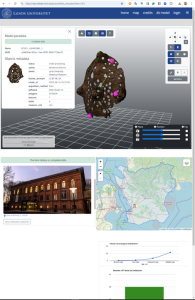
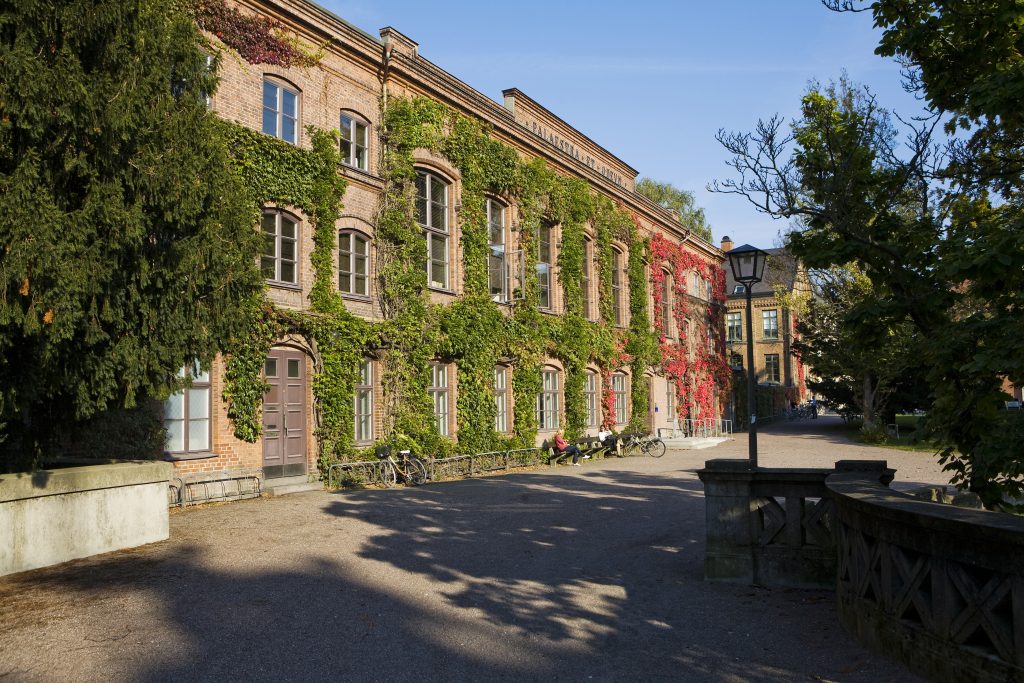
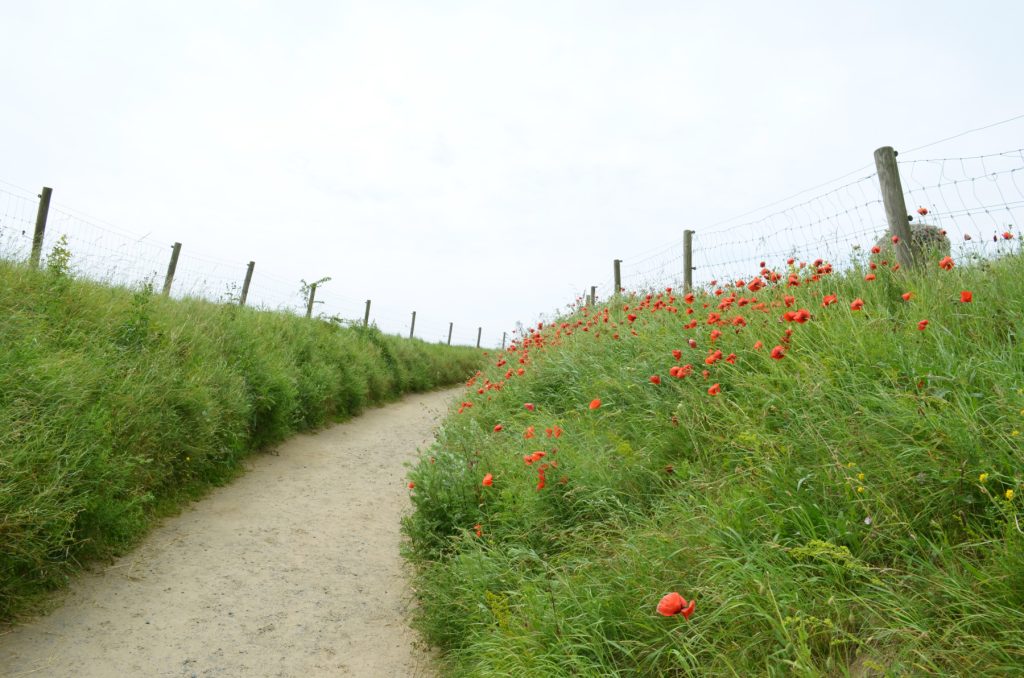
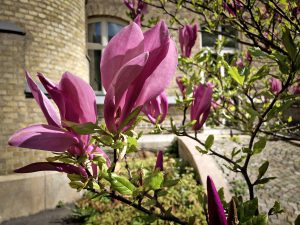
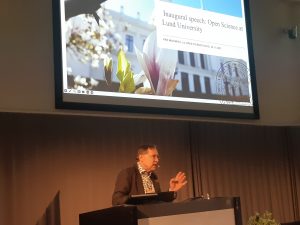 In his inaugural speech pro-vice chancellor, Per Mickwitz encouraged participants and the audience to share their open science practices. The diversity of ways of engaging with open science permeated the event, and several speakers highlighted that open science entails a cultural change in academia. Per Mickwitz accounted for the role of open science in
In his inaugural speech pro-vice chancellor, Per Mickwitz encouraged participants and the audience to share their open science practices. The diversity of ways of engaging with open science permeated the event, and several speakers highlighted that open science entails a cultural change in academia. Per Mickwitz accounted for the role of open science in 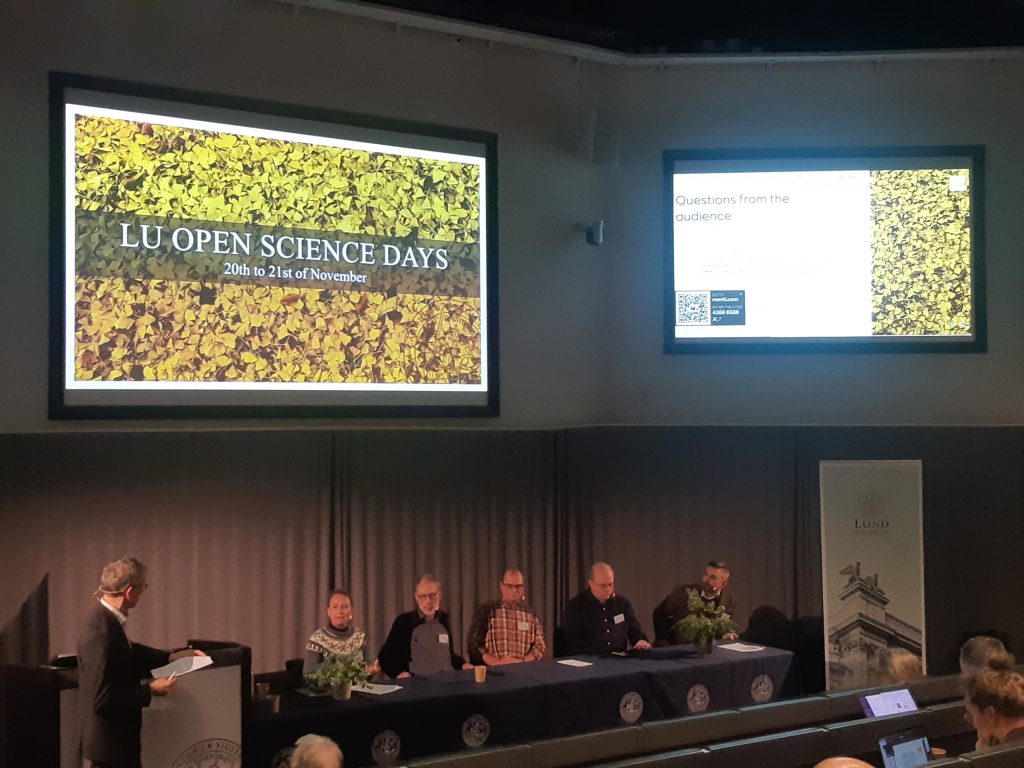
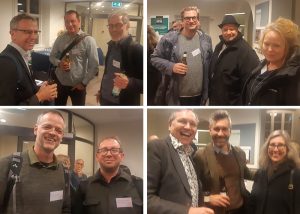
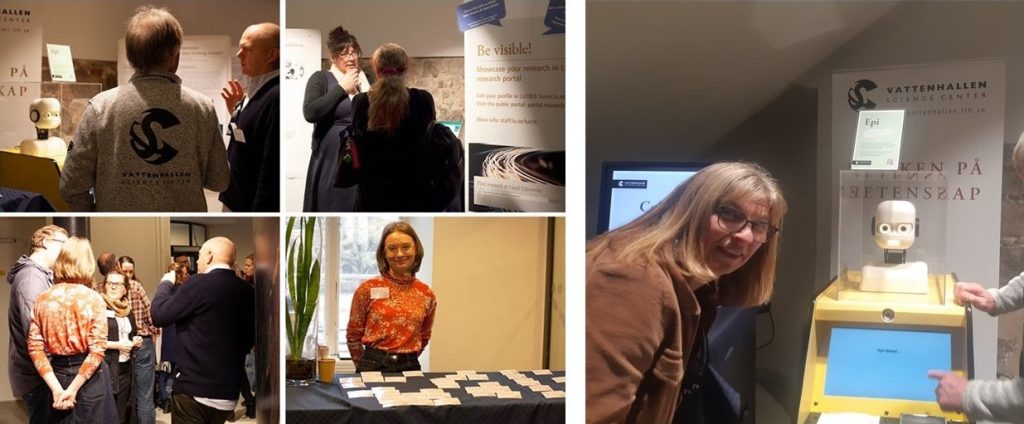
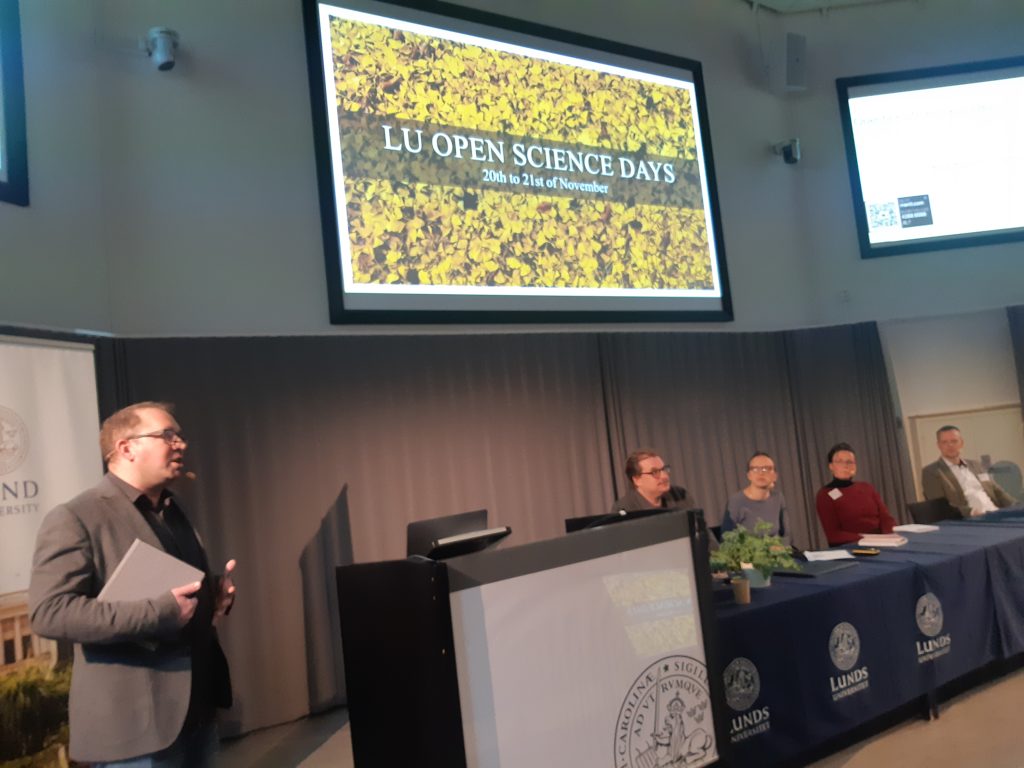
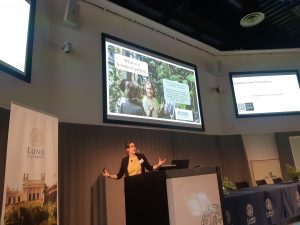
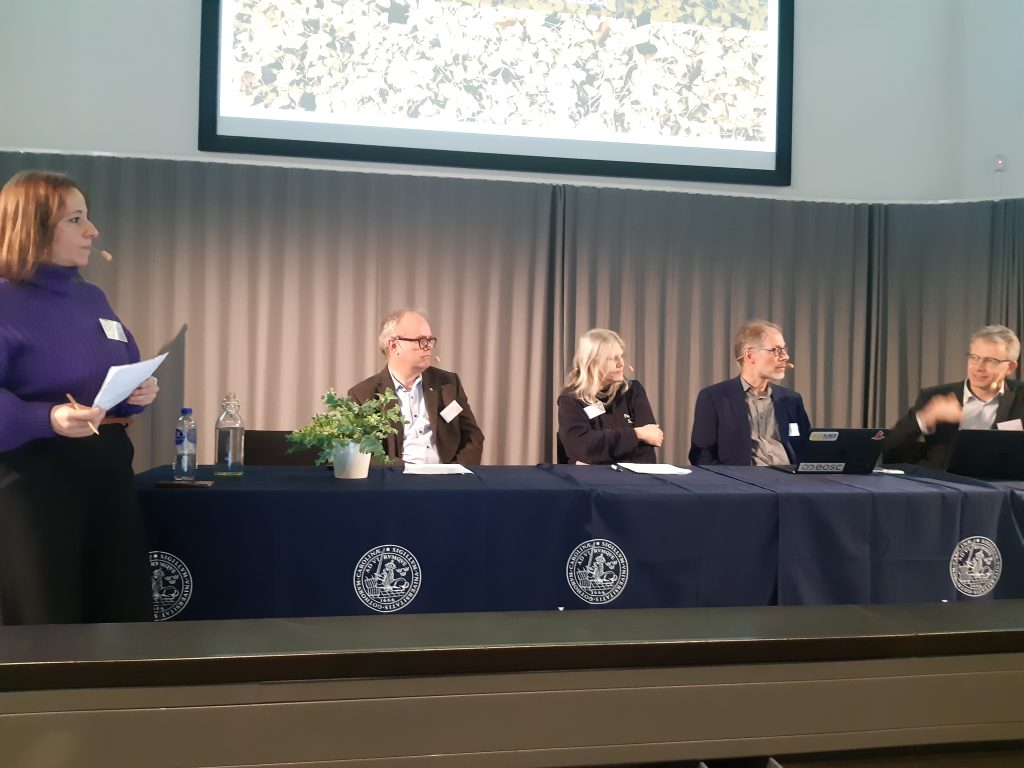
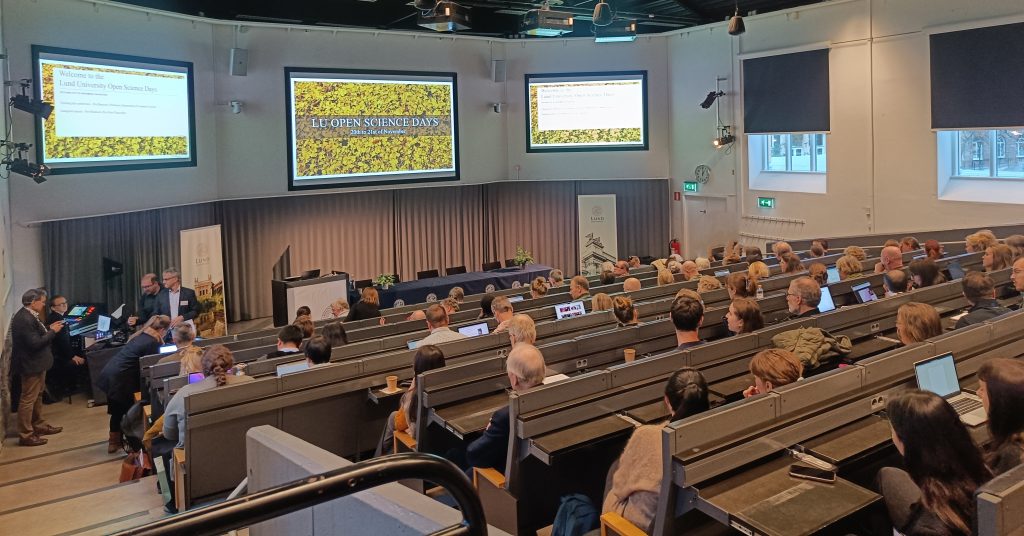

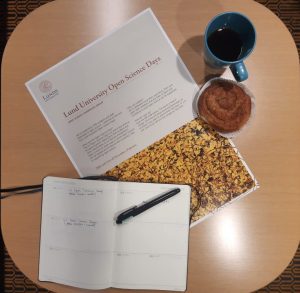
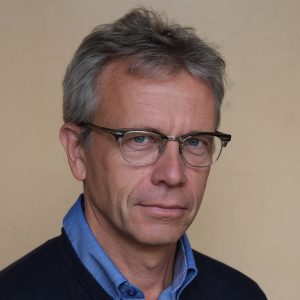
Comments